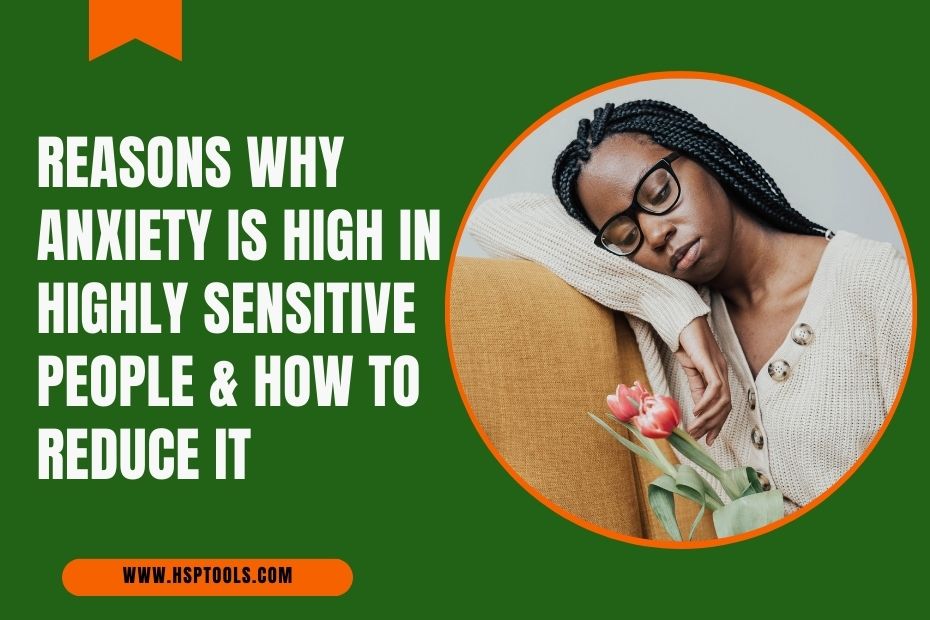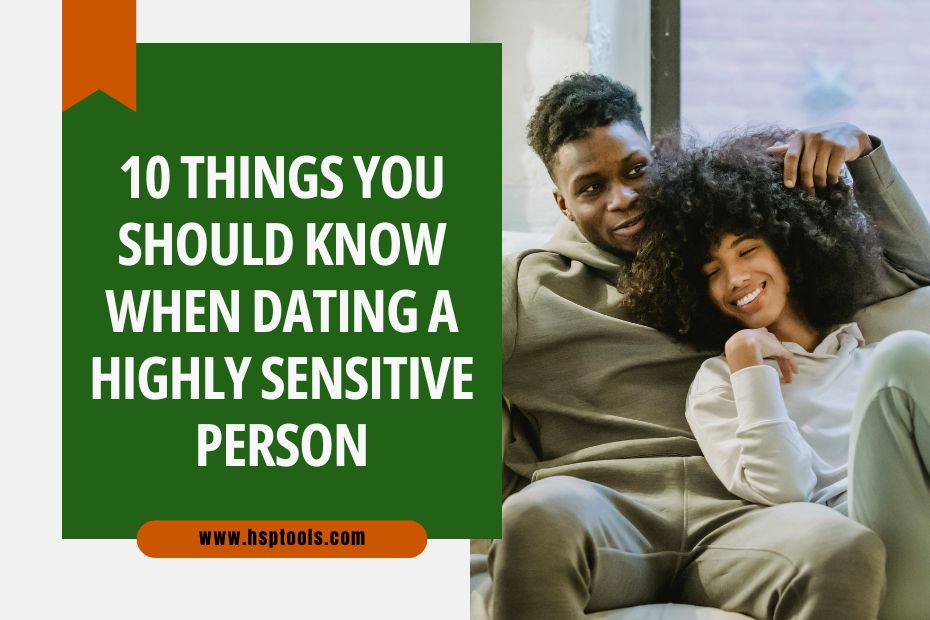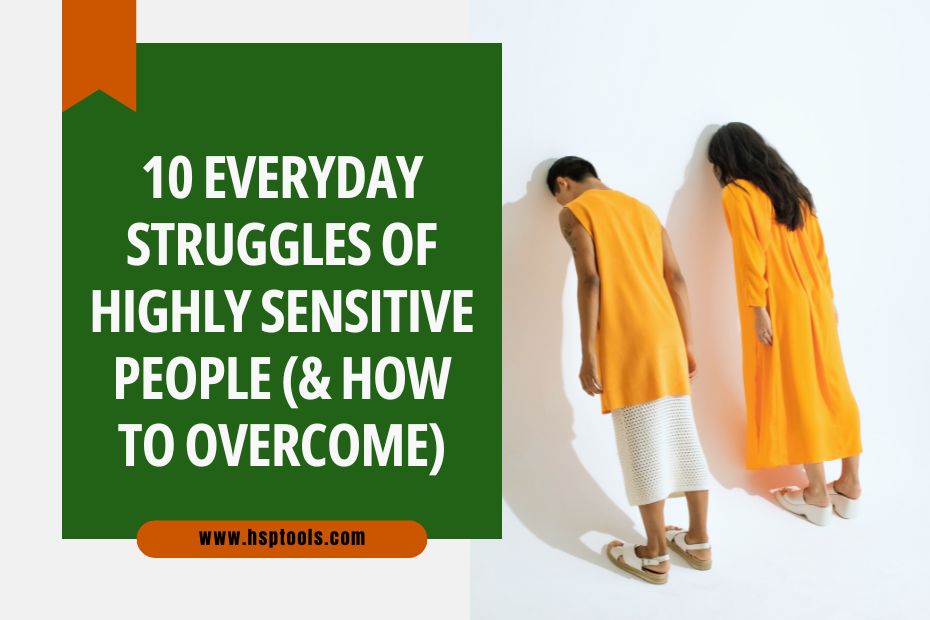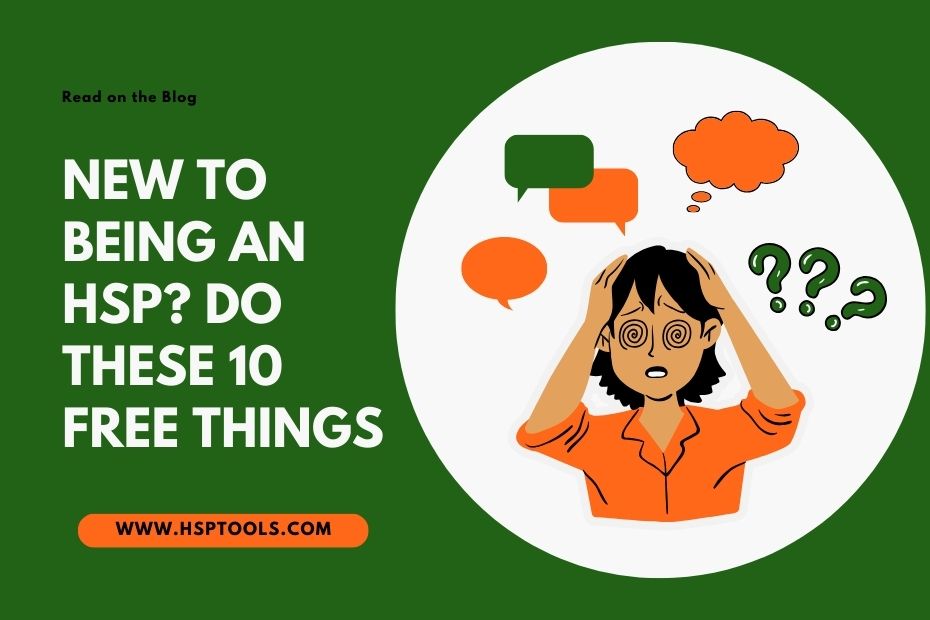The Highly Sensitive Person and Loneliness: Finding Connection in a Loud World
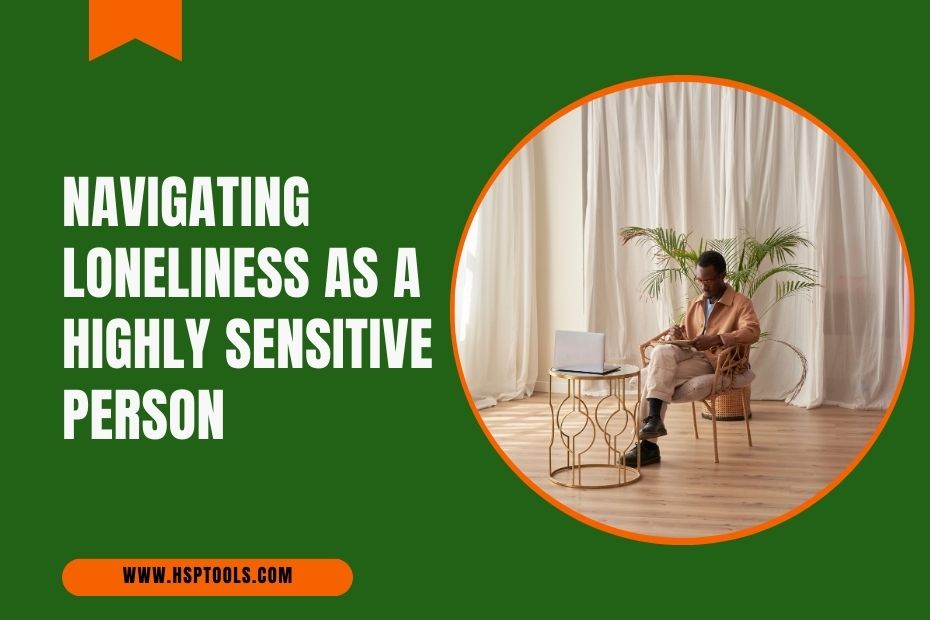
Have you ever been told you’re “too sensitive” or felt overwhelmed by loud environments and strong emotions?
If so, you might be among the 20-30% of the population identified as Highly Sensitive People (HSPs) – those with Sensory Processing Sensitivity (SPS) or High Sensitivity.
This trait, extensively studied by psychologist Dr. Elaine Aron, means your nervous system is more finely tuned to pick up on subtleties and deeply process information.
While this heightened awareness can be a gift, it also makes you more susceptible to feelings of loneliness.
This post discusses the Highly Sensitive Person and loneliness, and ways to find a more connected, fulfilling life.

The Unique Loneliness of Highly Sensitive People
For Highly Sensitive People, loneliness isn’t just about being physically alone.
HSPs often feel disconnected, even when surrounded by others. This isn’t because they lack social skills or the desire for connection—far from it.
They typically crave deep, meaningful relationships and thrive in environments where they can openly share their thoughts and emotions.
However, modern social interactions can feel shallow, leaving them emotionally unfulfilled.
Picture this: You’re attending a bustling family gathering. Everyone is laughing, chatting, and seemingly having a great time, but you feel like an outsider looking in.
You are acutely aware of subtle tensions, the exhaustion on someone’s face despite their smile, and unspoken words hanging in the air. By nightfall, you’re drained and feel more alone than ever.
This loneliness stems from the HSP’s ability to perceive nuances others might overlook.
While others might see a cheerful crowd, an HSP may sense disconnection or inauthenticity, making it harder to feel truly included.
Common Experiences of Loneliness for HSPs
When loneliness creeps in, it often shows up uniquely for Highly Sensitive People.
Here are some common experiences you might relate to:
1. Feeling Like an Outsider
You often feel like you don’t quite fit in. While others bond over casual conversations, you’re yearning for something deeper—like a conversation about dreams, fears, or life’s big questions.
2. Overanalyzing Social Interactions
After a gathering, do you replay every conversation in your head?
You probably ask yourself: “Did I say the wrong thing? Did they notice I wasn’t laughing as much?”
This constant reflection can make social situations more stressful, amplifying feelings of disconnection.
3. Intense Emotional Reactions to Rejection
A minor slight—like a friend cancelling plans—can feel monumental. You might know that it’s not personal, but emotionally, it stings.
This heightened sensitivity to perceived rejection can make you hesitant to reach out, further isolating you.
4. Struggling to Find “Your People”
Finding friends who understand and appreciate your sensitivity can feel like searching for a needle in a haystack.
You might long for a community where you can fully be yourself without fear of judgment.
The Emotional Challenges of Sensitivity and Loneliness
Being both highly sensitive and lonely can feel like a double-edged sword.
Your sensitivity amplifies the ache of loneliness, and loneliness, in turn, can make your sensitivity feel like a burden.
- Self-Doubt and Shame
When you’re lonely, it’s easy to turn inward. You might wonder, Why am I so different? Why can’t I enjoy things like everyone else?
This self-questioning can lead to feelings of shame, as though your sensitivity is something to hide.
- Emotional Exhaustion
Socializing without meaningful connections can leave you drained.
Even well-meaning advice like “just put yourself out there” can feel overwhelming, especially when your past experiences haven’t been fulfilling.
- Heightened Vulnerability
Loneliness can make you more susceptible to negative emotions.
A small disappointment might feel like a crushing blow, and you may find yourself retreating further into isolation as a form of self-protection.
Coping Strategies for the Highly Sensitive Person and Loneliness
While the challenges of loneliness are real, there are ways to navigate them.
Here are some strategies to help you manage your feelings and foster connections that resonate with your sensitive nature:
1. Reframe Solitude as Self-Care
Alone time doesn’t have to equate to loneliness. For HSPs, solitude can be a vital form of self-care.
Use this time to recharge and engage in activities that bring you joy and peace, like journaling, painting, or spending time in nature.
Embrace solitude as a way to connect with yourself.
2. Prioritize Quality Over Quantity in Relationships
Instead of spreading yourself thin across many social circles, focus on a few deep, meaningful relationships.
Seek out people who value open, honest communication and are willing to engage in the deep conversations you crave.
3. Set Boundaries to Protect Your Emotional Energy
Learn to say no to social events that feel draining or unfulfilling. It’s okay to prioritize your well-being.
When you do engage socially, set limits on your time and energy to avoid burnout.
4. Practice Self-Compassion
Be gentle with yourself when feelings of loneliness arise.
Acknowledge that these emotions are a natural part of the human experience, especially for someone as deeply attuned to the world as you are.
Practice affirmations or mindfulness exercises to remind yourself that your sensitivity is a strength, not a flaw.
5. Seek Supportive Communities
Whether online or in person, finding a community of like-minded individuals can be incredibly healing.
Look for groups that aim to celebrate sensitivity, like an HSP support group, a creative writing class, or a meditation circle.
These spaces can provide a sense of belonging and validation.
The Importance of Self-Acceptance in Overcoming Loneliness
One of the most powerful steps in overcoming loneliness as an HSP is to embrace your sensitivity.
It’s a part of who you are, and it comes with incredible strengths: empathy, intuition, creativity, and the ability to notice beauty in the small details of life.
Self-acceptance doesn’t mean ignoring the challenges that come with sensitivity. It means recognizing that your sensitivity allows you to experience life so richly.
When you stop viewing it as something that sets you apart negatively and start seeing it as a unique gift, you open the door to greater self-confidence and resilience.
Finding Connection and Belonging
Loneliness often feels insurmountable, but it’s important to remember that connection is possible.
Sometimes, it’s about finding the right people who appreciate and understand you. Other times, it’s about learning to be your own best friend.
Start by seeking out environments where you feel safe to be yourself.
You might find these connections in unexpected places—a hobby group, a volunteer organization, or even a quiet moment shared with a stranger.
Trust that some people value the same depth and authenticity you do.
Final Word on The Highly Sensitive Person and Loneliness
Loneliness is difficult to navigate, especially as a Highly Sensitive Person. But it’s also an opportunity for growth.
It invites you to explore your inner world, understand your needs, and learn to advocate for yourself in relationships.
Remember, you’re not alone in your sensitivity. Many others share your experiences and challenges.
By understanding the unique challenges sensitivity brings, finding your tribe, and adopting strategies to manage them, you can transform loneliness into a stepping stone toward a more fulfilling, connected life.
Your sensitivity is your superpower—wear it proudly.



